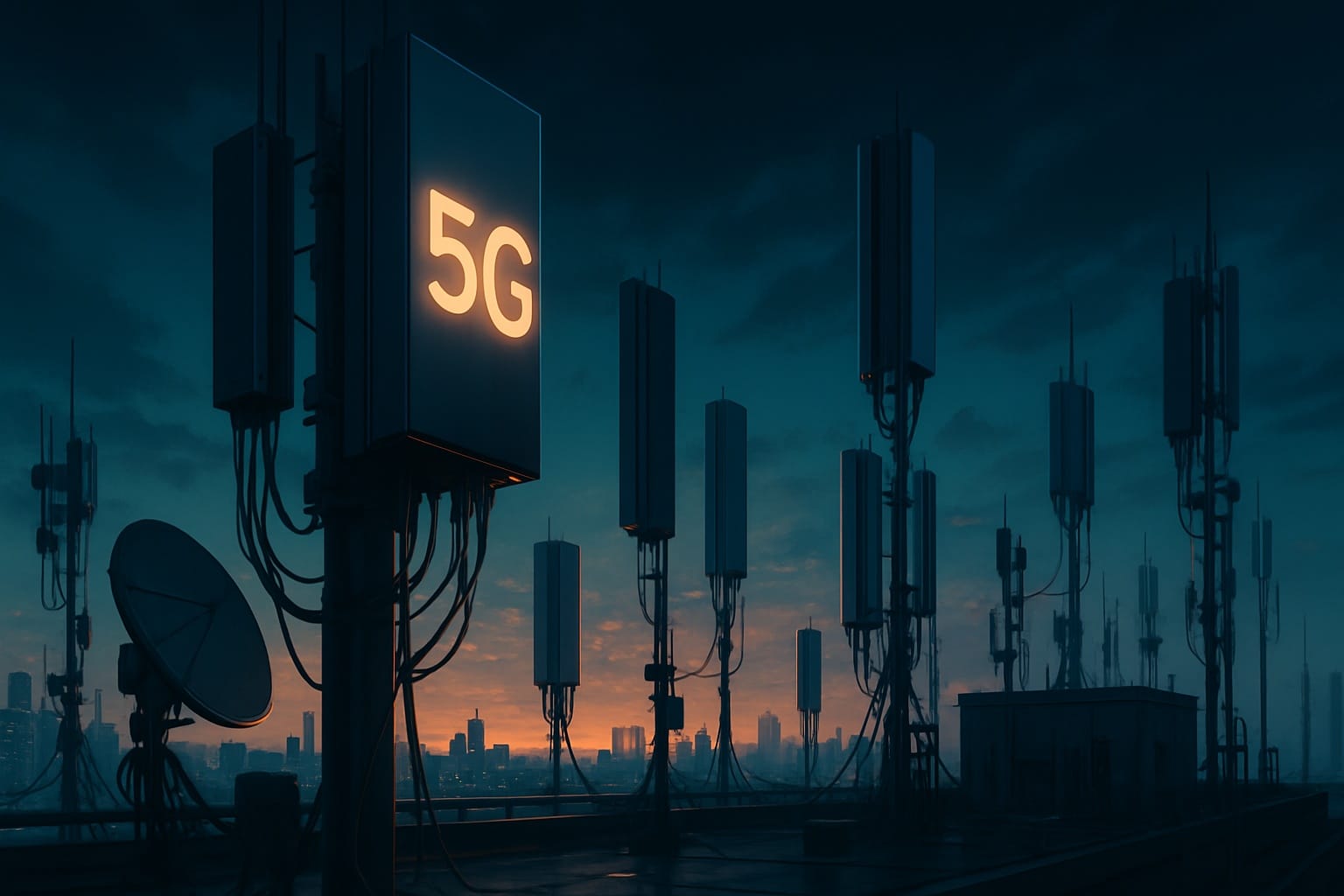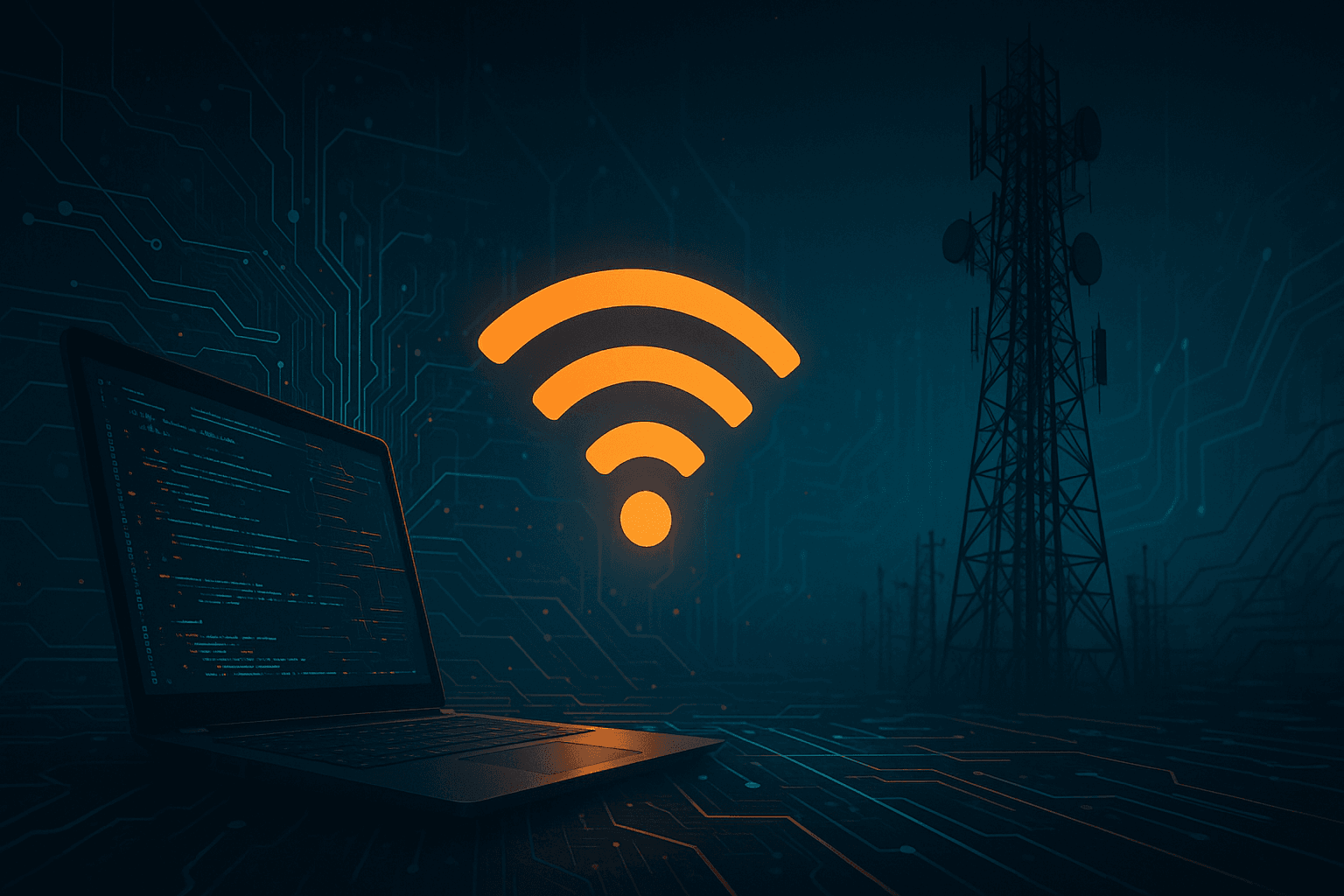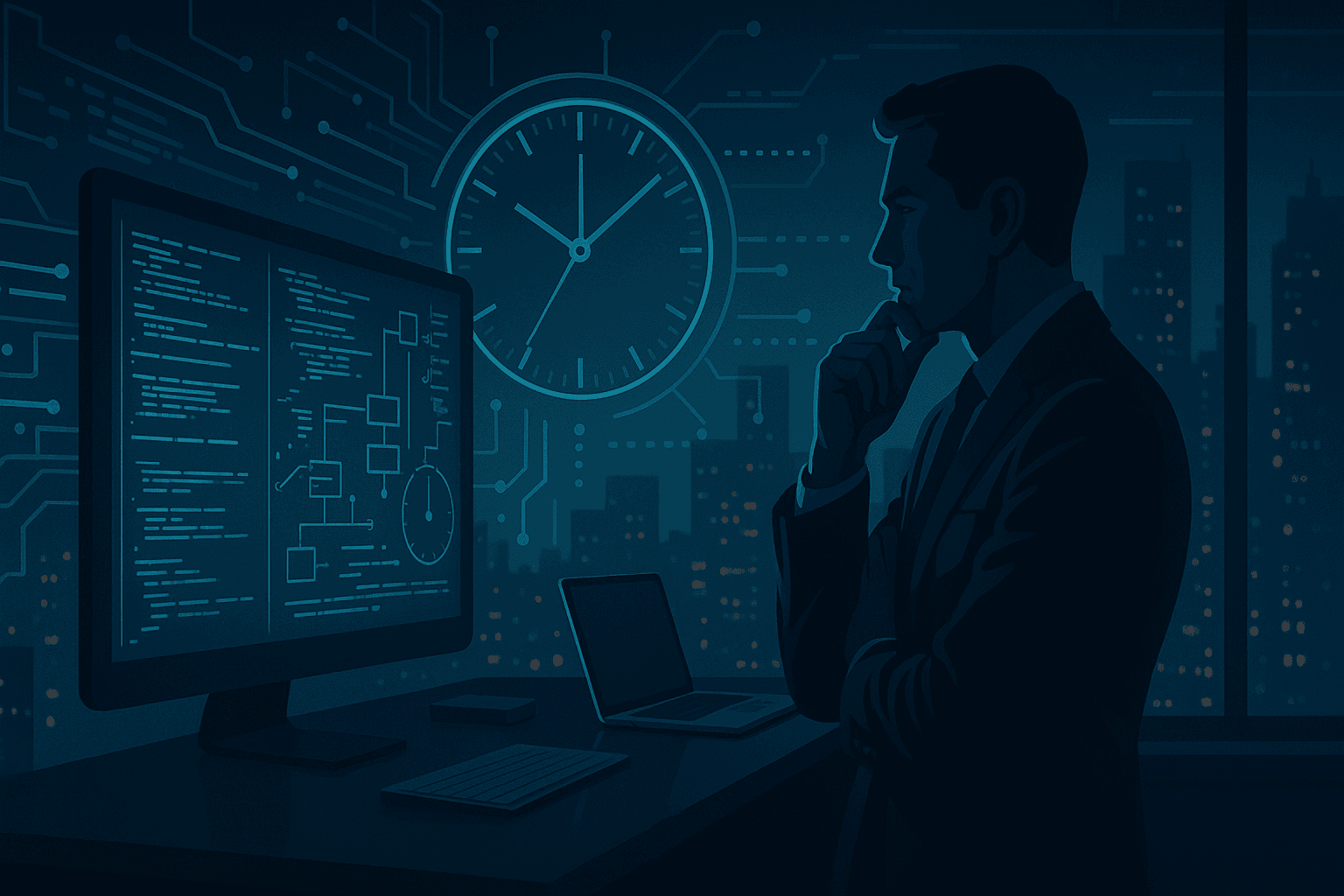The Role of 5G Repeaters in Telecommunications: Insights for IP Litigation Attorneys

The rapid deployment of 5G networks by wireless carriers has brought innovative technologies like 5G repeaters to the forefront. These devices are pivotal in enhancing network performance and reducing costs, making them a critical focus for IP litigation attorneys navigating disputes in the telecommunications sector. Understanding the technical and legal implications of 5G repeaters, including their role in network expansion and potential patent disputes, is essential for professionals in intellectual property law.
What Are 5G Repeaters?
5G repeaters are specialized devices designed to amplify and extend wireless signals from cellular towers, particularly for 5G mmWave technology. This high-frequency protocol delivers significant improvements in bandwidth and capacity, enabling data-intensive applications such as video streaming and online gaming. Unlike traditional base stations, 5G repeaters retransmit signals to overcome physical obstructions like walls, ensuring coverage in challenging environments, including indoor settings where wireless activity is increasingly prevalent due to remote work and entertainment demands.
For IP litigation attorneys, the proprietary hardware and software embedded in 5G repeaters often raise complex patent issues. Disputes may arise over the design of amplifiers, signal processing algorithms, or antenna technologies, requiring a software expert witness to analyze codebases or a telecommunications expert witness to evaluate compliance with industry standards. These experts can provide clarity on whether a repeater infringes on existing patents or violates licensing agreements.
5G Repeater-as-a-Service: A Transformational Model
An emerging trend in the telecommunications industry is 5G Repeater-as-a-Service (RaaS), a modular business model that allows service providers to deploy advanced hardware and software with minimal upfront investment. According to Movandi, RaaS leverages open APIs to enable developers to create tailored solutions, enhancing flexibility for end-users. However, regulatory hurdles, such as restrictions on proprietary technologies, could limit its adoption, creating potential litigation over licensing or anti-competitive practices.
IP litigation attorneys may encounter cases involving RaaS where disputes center on software licensing or intellectual property rights related to cloud-based repeater management systems. A software expert witness can dissect the underlying codebase to identify potential infringements, while a telecommunications expert witness can assess whether the service model adheres to Federal Communications Commission (FCC) regulations. Understanding these technical nuances is critical for building robust legal arguments.
Cost Reduction Through 5G Repeaters
The financial burden of 5G network deployment is substantial, with McKinsey estimating costs of $700–900 billion by 2030 for traditional base station rollouts. 5G repeaters offer a cost-effective alternative, reducing expenses by up to 52%, as demonstrated in a Mobile Experts white paper. By amplifying existing signals, repeaters eliminate the need for additional base stations, increasing network density in urban areas and extending coverage to underserved regions.
For attorneys, the cost-saving potential of 5G repeaters may lead to disputes over patent valuations or licensing fees. A telecommunications expert witness can provide testimony on the technical advantages of repeaters, such as their ability to optimize spectrum usage, which may influence the perceived value of related intellectual property. Additionally, the energy efficiency of repeaters, such as SureCell’s solar-powered models, introduces environmental considerations that could impact regulatory compliance or patent claims.
Enabling Future Wireless Innovation
Major carriers like Verizon have embraced 5G repeaters to enhance network performance in densely populated areas, such as apartment complexes, where signal penetration is challenging. These compact, energy-efficient devices also lay the groundwork for future technologies like 6G, providing insights into network migration strategies. The intellectual property surrounding repeater designs, particularly those involving advanced antenna systems or signal modulation techniques, is likely to be a focal point in litigation.
Attorneys should be aware that the evolving nature of 5G repeater technology may lead to disputes over standard-essential patents (SEPs), which are critical to ensuring interoperability across networks, as discussed in insights on 5G evolution for IP litigation. Engaging a telecommunications expert witness can help clarify whether a patent is truly essential or if alternative technologies exist, impacting royalty negotiations or infringement claims.
Key Considerations for IP Litigation
5G repeaters are integral to modern telecommunications, offering significant cost savings, improved performance, and a foundation for future innovations. For IP litigation attorneys, the complexities of repeater technology—ranging from hardware designs to software algorithms—present opportunities for disputes over patents, licensing, and regulatory compliance. Engaging a software expert witness or telecommunications expert witness is often necessary to navigate these technical intricacies and build compelling legal strategies.
To stay informed on the latest trends in telecommunications and intellectual property, explore the insights and services offered by Sidespin Group.
Written by
Related Insights
Discuss your Case
- info@sidespingroup.com
- (800) 510-6844
- Monday – Friday
- 8am – 6pm PT
- 11am – 9pm ET


